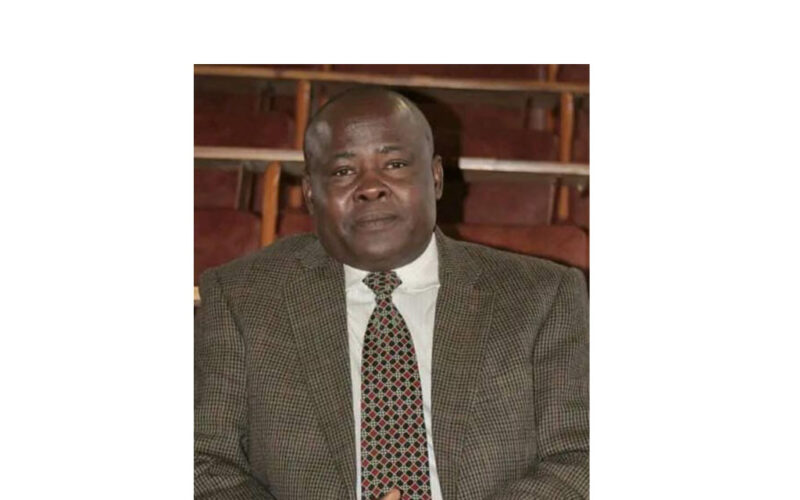Allexer Namundjembo
Regional councillors in the country’s northern regions are urging the government to prioritise the renovation and construction of earth dams to address water shortages.
As the country expects normal to above-normal rainfall in the coming months, councillors argue that these dams could help store floodwaters for later use, benefiting communities and agriculture.
Okatyali Constituency councillor Joseph Mupetami highlighted the need for the government and NamWater to construct dams along main water pipelines supplying communities.
“Constructing new dams may be costly and time-consuming. However, prioritising the renovation of existing earth dams could significantly address our water challenges. In my constituency, we have cattle posts, and water scarcity remains a serious issue for local farmers,” Mupetami stated.
He suggested that floodwaters stored in these dams could later be purified by NamWater for safe consumption, benefiting both humans and livestock.
Cattle post owner Simon Mupupa, in the same constituency, suggested that floodwater harvesting could sustain livestock during the dry season.
“When it rains, floodwaters are everywhere. If we could capture and store this water, it could sustain our livestock until October,” Mupupa explained.
In Okankolo Constituency, councillor Hans Nambodi also expressed support for earth dams, suggesting they could ease the region’s dependence on boreholes.
“We have four earth dams in our constituency, but only one currently holds water, which has become increasingly unsuitable for consumption due to sediment buildup,” Nambodi said.
He urged the government to prioritise dam projects to support agriculture, and brick-making projects, and provide safer water for those relying on boreholes.
The Oshikoto Region, particularly constituencies like Nehale lyaMpingana and Eengodi, remains heavily dependent on boreholes, which often yield high-saline concentrated water.
Many residents travel long distances to purchase clean drinking water.
Omundaungilo Constituency councillor Festu Ikanda believes earth dams should not be limited to flood-prone areas.
“Water is life, and we must invest in its conservation. Earth dams for rainwater storage should be a priority. Depending solely on tap water is unreliable, especially when pipeline closures leave our people without water. If the government could establish four earth dams per constituency, it would greatly benefit the region,” Ikanda suggested.
He also highlighted the rising cost of water from NamWater, making it challenging for farmers to cover their water bills.
He proposed that tap water be reserved for drinking, while dam water could be used for agriculture and livestock.
Onesi Constituency councillor, Titus Kanyele recalled how earth dams once provided year-round water but have since been neglected.
“We plan to construct an additional four dams. Currently, there are over five dams in our constituency. These dams were a lifeline for our communities, and adding four more would be a great advantage,” Kanyele remarked.
In August this year, Vice President Netumbo Nandi-Ndeitwah handed over 11 earth dams constructed at a cost of N$14.2 million and covering all 11 constituencies in the Oshana Region.
However, a National Council Standing Committee meeting in July revealed that delayed procurement plans have stalled further dam construction until the next financial year.
The Ministry of Agriculture has allocated N$17.5 million for earth dam projects during the 2023/2024 financial year.
At the 9th 2024 Africa Water Week, Agriculture, Water, and Land Reform, the Minister of Agriculture, Water and Land Reform, Calle Schlettwein highlighted that Namibia requires an additional US$33 billion investment over the next decade to meet growing water demand.
He emphasised that the country’s water security depends not only on the availability of water but also on the financial and human resources to develop and maintain




